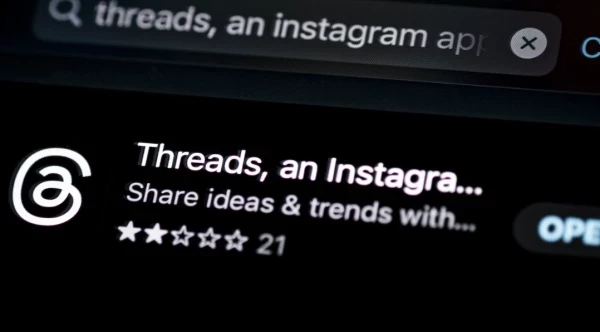Delivery Apps are Using 'Deceptive and Unfair' Practices According to New Lawsuit
Add bookmark
Delivery apps have helped establish a new set of service standards. By providing customers with on-demand access to their favorite restaurants and retailers, these innovative platforms have heightened expectations and created a culture that emphasizes hyper-convenient and efficient experiences.
While these services have undoubtedly sparked new waves of innovation and customer-centric advancements, they have not been well received by everyone. This fact is becoming increasingly evident as news that the city of Chicago has filed lawsuits against popular third-party delivery company’s DoorDash and Grubhub was recently announced.
The lawsuits filed on August 27th claim that both companies have been "engaging in deceptive and unfair business practices that harm restaurants and mislead consumers." Additionally, it claims the companies utilized bait-and-switch tactics to essentially confuse customers into thinking that they would be subjected to fewer fees as compared to what they actually ended up being charged. By lumping in additional fees at the end of the order, the city’s lawyers claim that the companies are able to increase the cost of delivery by as much as six times the amount initially advertised.
Further, according to WIRED, the lawsuits also allege that these platforms exploited the circumstances of the pandemic to mislead restaurants and customers by charging high commissions and bypassing emergency provisions that were initially intended to help the struggling service industry.
One of the most concerning allegations was that the company used consumer tips to “pay itself rather than its drivers.” The company allegedly even included a charge labelled the ‘Chicago Fee’, which consumers assumed was administered by the city itself, but was actually instated to compensate for the pandemic-era fee cap, according to Eater.
While these are serious allegations, many of the city's restaurants are applauding Chicago’s filing. Local business owners apparently agree with Mayor Lori Lightfoot’s statement claiming these services utilized deceptive and potentially illegal tactics. She stated, “As we stared down a global pandemic that shuttered businesses and drove people indoors, the defendants' meal delivery service apps became a primary way for people to feed themselves and their families, as well as support local restaurants. It is deeply concerning and unfortunate that these companies broke the law during these incredibly difficult times, using unfair and deceptive tactics to take advantage of restaurants and consumers who were struggling to stay afloat”
Whether or not these statements are true, these discrepancies represent a potential threat to the established ‘gig economy’ services that are keeping convenient and seamless customer experiences accessible. If companies like DoorDash and Grubhub are not working to satisfy their restaurant and retail partners, they are ultimately putting their customer experience at risk. While abundant fees are often joked about on social media, with users claiming a happy meal can cost them as much as an expensive dinner, deceptive tactics like hidden fees and incorrect menus can lead to a lack of consumer trust.
Further, if companies are unfairly treating their partners or employees, this undoubtedly impedes the customer’s experience. In one account from a Chicago restaurant owner, the service provided incorrect menu information with items they have never served on the app platform, placing pressure on the restaurant and customer to fix the mishap. This puts the restaurant in a difficult position, and creates unreasonable pain points the customer has to overcome independently.
Beyond the annoyance and heightened costs, these lawsuits indicate a rising threat to the future of on-demand delivery services. If these platforms cannot efficiently interact with their restaurant partners and consistently garner negative attention, customers may not be so forgiving when they are faced with increasing fees or unexpected delivery circumstances. If customers feel that the platform isn’t being transparent about their practices, and they understand the difficulties they may pose to local restaurants, they may not continue to support them. And, customers that are willing to look past the lack of transparency, may also be out of luck if these platforms are faced with similar lawsuits in the future. Therefore, to keep the ‘gig economy’ thriving, delivery platforms must work to keep their customers, and the city they reside in, satisfied by offering greater clarity and transparency.






















